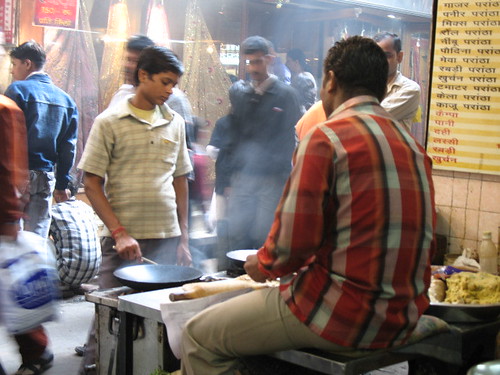Finally, there's
some good news on the reform front :
Sri Lanka has been rated the top South Asian reformer in an annual business regulation study by the World Bank group, with a new company law and credit information improvements boosting its scores. [link]
That's according to the World Bank's
Doing Business Report 2009, an annual study which analyzes and ranks countries on easy it is to do business in countries are. The bad news of course, is there's still a long way to go. Although
Sri Lanka is the top regional reformer for the last year, it still languishes in
102nd position globally and behind regional countries like Pakistan (rank 77) and Maldives (rank 69), south-
asia's richest and most business friendly economy. India is further behind in 122
nd position, but I think the study ignores the impact of
SEZs and other
regional disparities in terms of policy.
Sri Lanka does especially badly with regards to paying taxes with a total of 62 payments and a total tax rate of 63.7%, which frankly is
insane. This ridiculously high number of interactions with the bureaucracy is one of the reasons for bribes and corruption in the public sector. Maldives, as
LBO notes, only has to make 1 payment as opposed to our 62.
We also door horribly poorly when it comes to property registration, dealing with construction permits and enforcing contracts.
Labour laws are inflexible as well, something that will really hurt
Sri Lanka in a low-tariff, post-
GSP world.
That said, it's great that we have done some reform in the past year. The type of reforms undertaken are just mainly improving legal framework rather than getting into more politically-explosive issues, which is, at least for the moment, a decent
strategy. Another thing we can probably improve is
trade facilitation, which will have enormous
benefits without being a political hot-button issue.
I have been thinking for some time about, what I decided to call the
Colombo Reform Process. The idea is kind of modeled similar to the
Copenhagen Consensus. The idea is to bring together, perhaps bi-annually, bunch of experts (mostly economists) and get them to come up with the top 10 (or 20) reforms which
Sri Lanka could peform and rank it according to effectiveness and political feasibility and
produce a report. I think that could really speed things up.
But this is not something that I'm in a position to do at the moment, so here's a
shoutout to all the policy people at
IPS,
Chamber of Commerce, and the likes --
try and do this!. It might just work.




